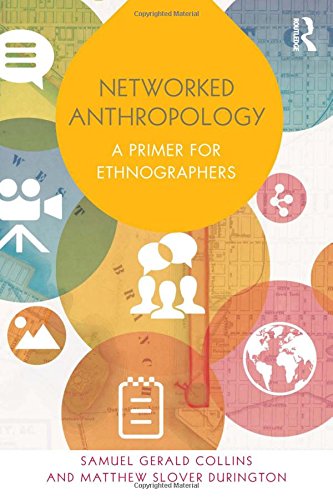

Most ebook files are in PDF format, so you can easily read them using various software such as Foxit Reader or directly on the Google Chrome browser.
Some ebook files are released by publishers in other formats such as .awz, .mobi, .epub, .fb2, etc. You may need to install specific software to read these formats on mobile/PC, such as Calibre.
Please read the tutorial at this link: https://ebookbell.com/faq
We offer FREE conversion to the popular formats you request; however, this may take some time. Therefore, right after payment, please email us, and we will try to provide the service as quickly as possible.
For some exceptional file formats or broken links (if any), please refrain from opening any disputes. Instead, email us first, and we will try to assist within a maximum of 6 hours.
EbookBell Team

5.0
28 reviewsThe advent of social media offers anthropologists exciting opportunities to extend their research to communities in fresh ways. At the same time, these technological developments open up anthropological fieldwork to different hazards. Networked Anthropology explores the increasing appropriation of diverse media platforms and social media into anthropological research and teaching. The chapters consider the possibilities and challenges of multimedia, how network ecologies work, the ethical dilemmas involved, and how to use multimedia methodologies. The book combines theoretical insights with case studies, methodological sketches and pedagogical notes. Drawing on recent ethnographic work, the authors provide practical guidance in creative ways of doing networked anthropology. They point to the future of ethnography, both inside and outside the classroom, and consider ways in which networked anthropology might develop.